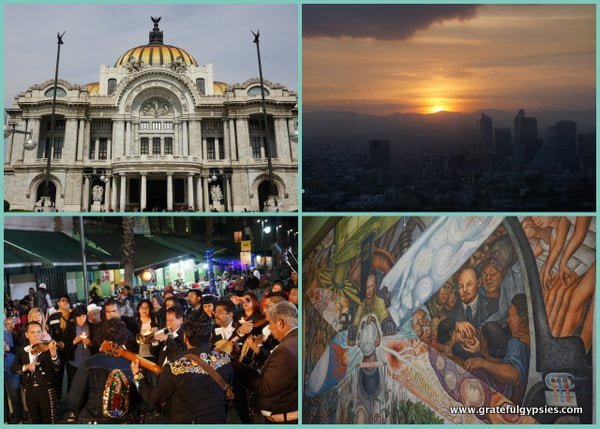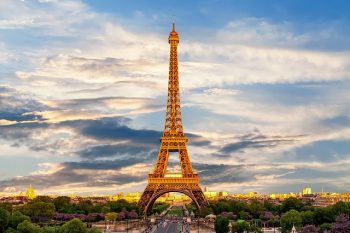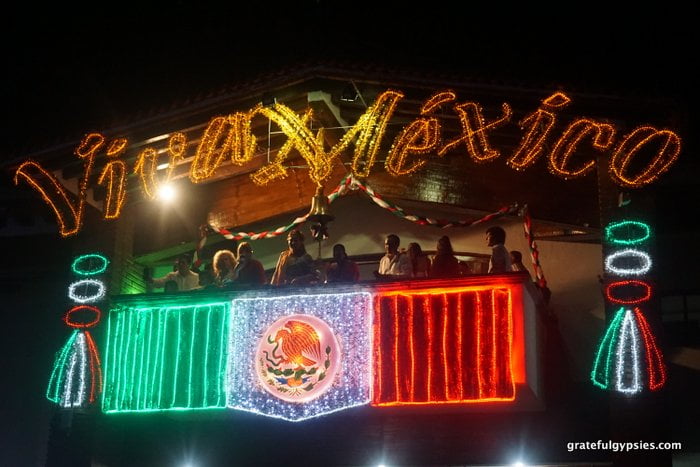Simón Bolívar: The George Washington of South America
On July 24th, a number of South American countries commemorated the birth of Simón José Antonio de la Santísima Trinidad Bolívar Palacios Ponte y Blanco, better known as El Libertador (the Liberator) Simón Bolívar, one of the most prominent figures of Latin American independence movements.
Son of Venezuelan aristocrats of Spanish descent, Simón Bolívar led the emancipation of Bolivia, Colombia, Ecuador, Panama, Peru, and Venezuela from the Spanish Empire. He was also the founder of la Gran Colombia, as you have read in one of my previous posts.
To summarize his life’s work, he called for the abolition of slavery and the distribution of land among Indigenous people, as well as the union of Latin America as a whole. In that sense, Bolívar could be compared to George Washington in the US and Napoleon Bonaparte in Europe.
Given the significant historical impact of Bolívar’s exploits, many countries still pay him tribute in many ways. There are statues, plazas (squares), roads, and monuments honoring him in a variety of international locales around the world, from the neighboring Colombia to as far as Romania, Egypt, and Australia.
If you are touring South America, more often than not you will run into one of his equestrian statues. It is said that no other person has as many effigies as Bolívar does.
In Venezuela — his homeland — Bolívar is still so important that both his dates of birth and death (December 17th) are national holidays. Additionally, the main square of every Venezuelan city bears his name and even the country’s currency is called after him since 1879. His birthplace in Caracas is now a national museum.
There are many more things named after him: the country of Bolivia, the Bolívar state — in the southern region of Venezuela —; el pico Simón Bolívar, the highest peak in the country; the Simón Bolívar University, one of the most prestigious institutions in the country; the Simón Bolívar Symphony Orchestra, and countless more.
Nonetheless, Bolívar is not to be remembered only as a military hero, but as an enlightened man whose ideas still reach us from the past:
“Moral y luces son los polos de una República, moral y luces son nuestras primeras necesidades”. (Morals and enlightenment are at the center of a Republic, morals and enlightenment are our essential needs.)
“Las repetidas elecciones son esenciales en los sistemas populares, porque nada es tan peligroso como dejar permanecer largo tiempo en un mismo ciudadano el poder. El pueblo se acostumbra a obedecerle y él se acostumbra a mandarlo; de donde se origina la usurpación y la tiranía”. (Repeated elections are essential to the system of popular governments, because there is nothing so dangerous as to suffer power to be vested for a long time in one citizen. The people become accustomed to obeying him, and he becomes accustomed to commanding, hence the origin of usurpation and tyranny.)
(All photos taken from Flickr with license CC BY 2.0)
Posteado en Spanish Articles (Facebook)












